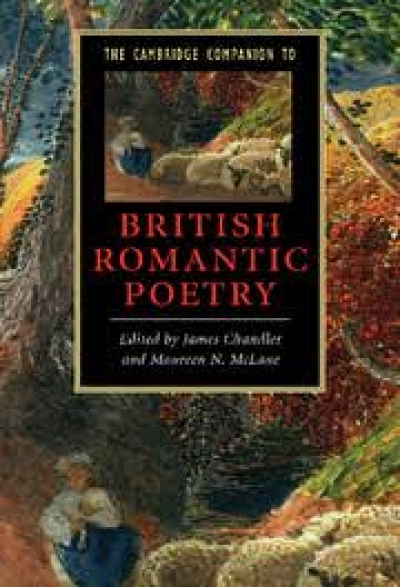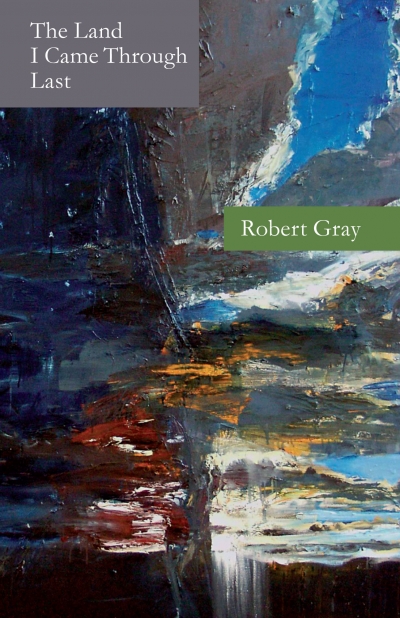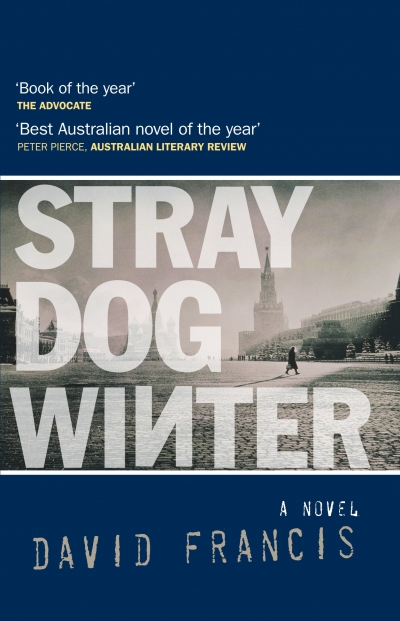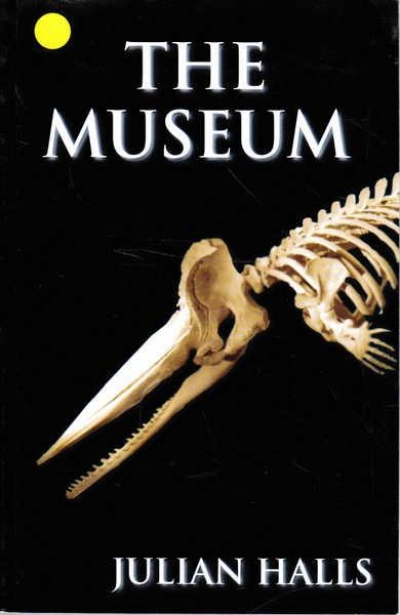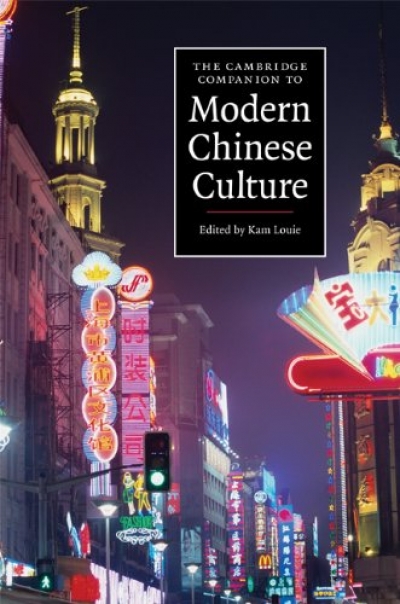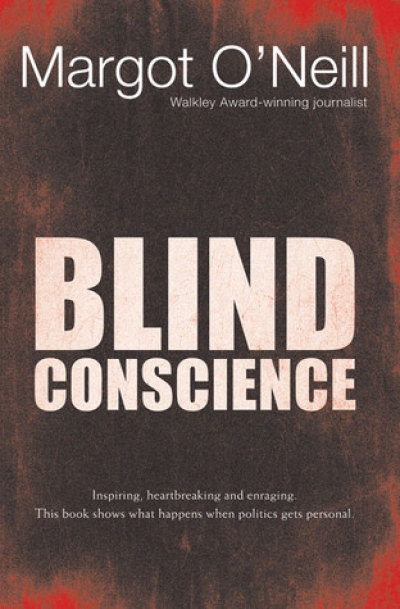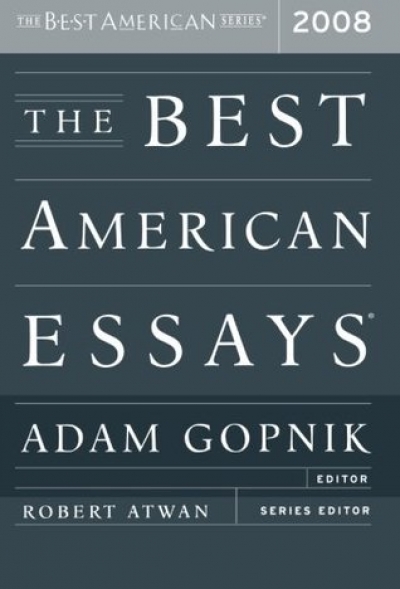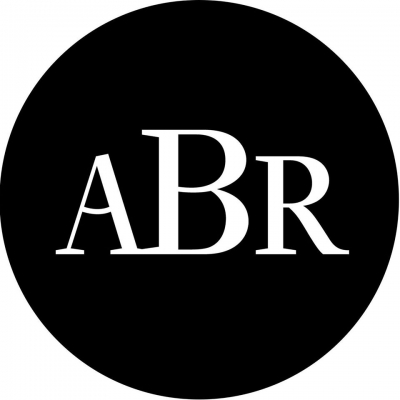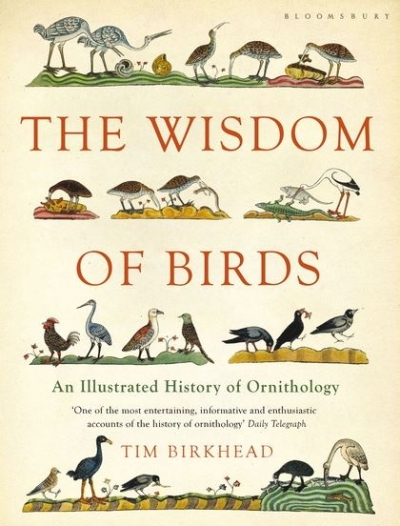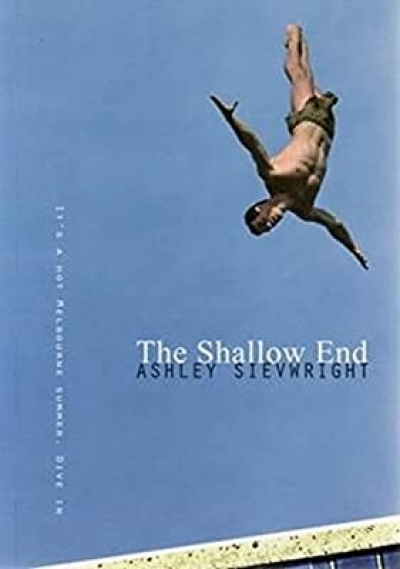Archive
The Cambridge Companion to British Romantic Poetry by James Chandler and Maureen N. McLane
by Deirdre Coleman •
The Best American Essays 2008 edited by Adam Gopnik & The Best Australian Essays 2008 edited by David Marr
by Gay Bilson •
The past is in Scotland
Dear Editor,
Christina Hill’s review of Peter Goldsworthy’s latest novel, Everything I Knew (November 2008), seems sure-footed in both its negative assessment of an ‘overwrought, undisciplined’ work and its appreciation of the novel’s compositional play, both intricate and subversive, with L.P. Hartley’s The Go-Between. It makes no mention, however, of the novel’s pointed intrigue with lyricism.
... (read more)The Wisdom of Birds: An illustrated history of ornithology by Tim Birkhead
by Peter Menkhorst •

